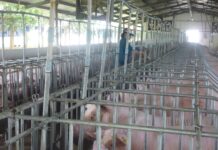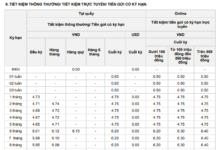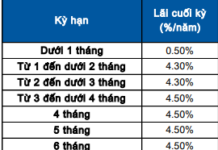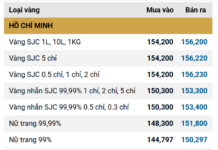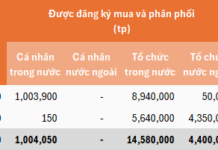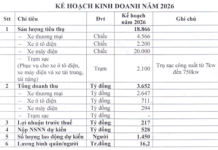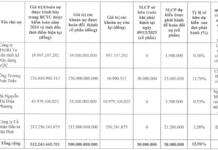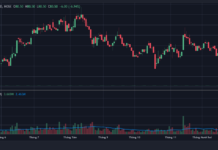Over the course of November 11-12, 2024, in Quy Nhơn, Binh Dinh, the Cold Spring Harbor Laboratory of the United States; the Rencontres du Vietnam (Science Meetings in Vietnam); the Institute of Biotechnology from the Vietnam Academy of Science and Technology; and the International Center for Interdisciplinary Science and Education (ICISE) joined forces to orchestrate a conference entitled “Advances in Plant Biotechnology – From Genome Editing to Sustainable Agriculture.”
As one of the most extensive international scientific conferences to take place in Vietnam, this gathering welcomed a vast array of scholars, experts, and world-class researchers specializing in plant breeding who leverage biotechnology.
CONNECTING INTERNATIONAL SCIENTISTS WITH VIETNAM
During the conference, Dr. David Jackson, a representative from the Cold Spring Harbor Laboratory, clarified that the primary objective of this conference was to establish a forum to facilitate the sharing of groundbreaking scientific advancements in the field of plant genome editing. These range from pioneering technological developments to sustainable solutions designed to augment agricultural productivity, ensure food security, and promote environmental sustainability.
The conference also served as a platform for the exchange of information and the fostering of connections among researchers, experts, businesses, and regulatory bodies operating within the realm of agricultural biotechnology.
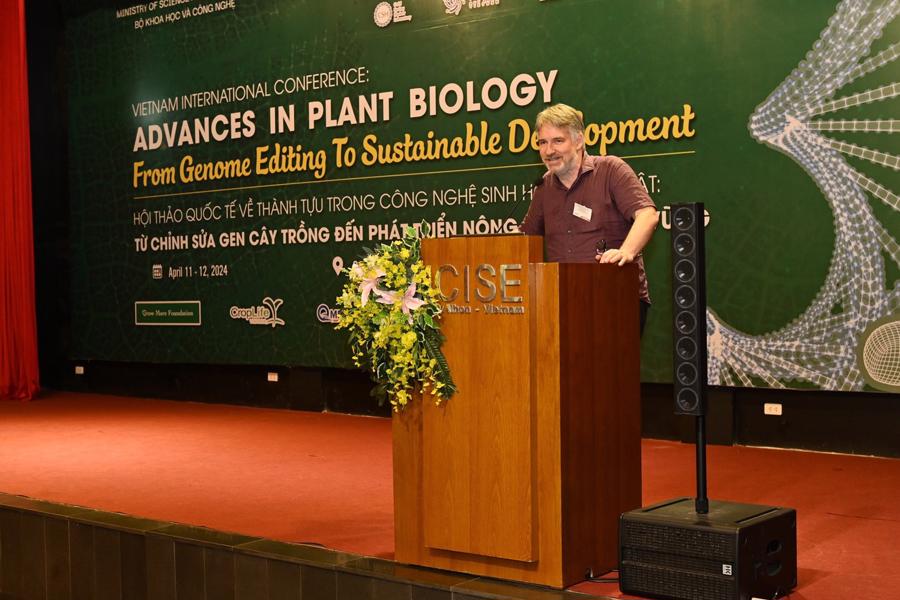
In terms of the Cold Spring Harbor Laboratory, Dr. David Jackson remarked that the institute has been distinguished as the world leader in fundamental and molecular biology research. It has also been home to eight Nobel laureates, most notably Dr. James Watson (Nobel Prize 1962), the former director who, alongside Francis Crick, uncovered the molecular structure of DNA (genes), thereby laying the groundwork for modern biology. It was also at this institute that Professor Barbara McClintock discovered transposons (jumping genes), an achievement that garnered her the Nobel Prize in 1983.
Dr. David Jackson expressed his gratitude to the Science Meetings in Vietnam for facilitating the connection between international scientists and Vietnam. Founded by Professor Tran Thanh Van in 1993, the Science Meetings in Vietnam has spent over three decades cultivating a network for scientific research collaboration and global connections.
This conference featured close to 20 presentations, which were divided into four sessions. Presenters hailed from an array of nations, including the United States, China, Australia, Japan, Germany, South Korea, India, the Philippines, and Vietnam.
The presentations delved into the scientific principles and mechanisms of plant genome editing, along with the latest research involving crucial crops such as rice, soybeans, tomatoes, and sugarcane. Speakers emphasized the remarkable traits that genome editing technology can impart to crops, such as enhanced quality and increased resilience to challenging weather conditions.
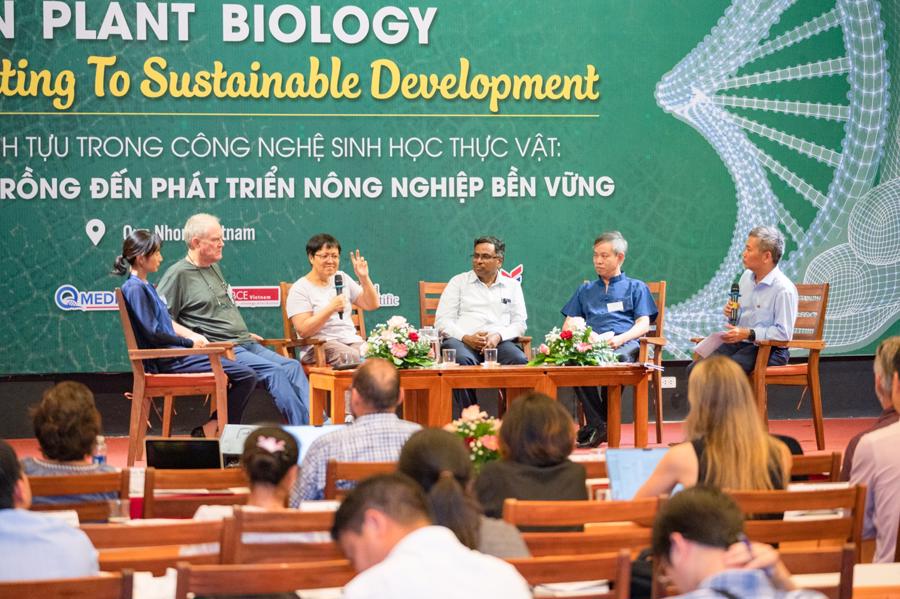
Dr. Do Tien Phat, Head of the Plant Cell Technology Laboratory at the Institute of Biotechnology, Vietnam Academy of Science and Technology, remarked: “We are honored by the participation of esteemed speakers, leading specialists in the field of genome editing research worldwide. Their insights will equip attendees with a comprehensive and well-informed perspective on the potential of plant genome editing research and the practical benefits this technology offers the agricultural industry and sustainable development goals.”
Dr. Phat highlighted the pioneering role of the Institute of Biotechnology in Vietnam as one of the first entities in the country to embrace, develop, and master genome editing technology. The institute has successfully employed this technology in fundamental research and crop variety improvement. Notably, the institute has made significant advancements in developing and applying genome editing systems to various crops, including rice, soybeans, tomatoes, cucumbers, and papaya.
“Our research findings have been published in prestigious international journals over the past years. The institute’s genome editing research products are currently being refined and geared towards practical applications in production,” Dr. Phat reported.
CALL FOR REGULATORY FRAMEWORKS FOR GENOME-EDITED CROPS
During the conference, Professor Pham Van Toan, Deputy Director of the Vietnam Academy of Agricultural Sciences, stated that Vietnam has established guidelines and legal frameworks for the application of biotech crops, recognizing them as a crucial strategy for promoting sustainable agricultural development. However, Vietnam currently lacks specific legal guidelines for the evaluation and management of genome-edited crops.
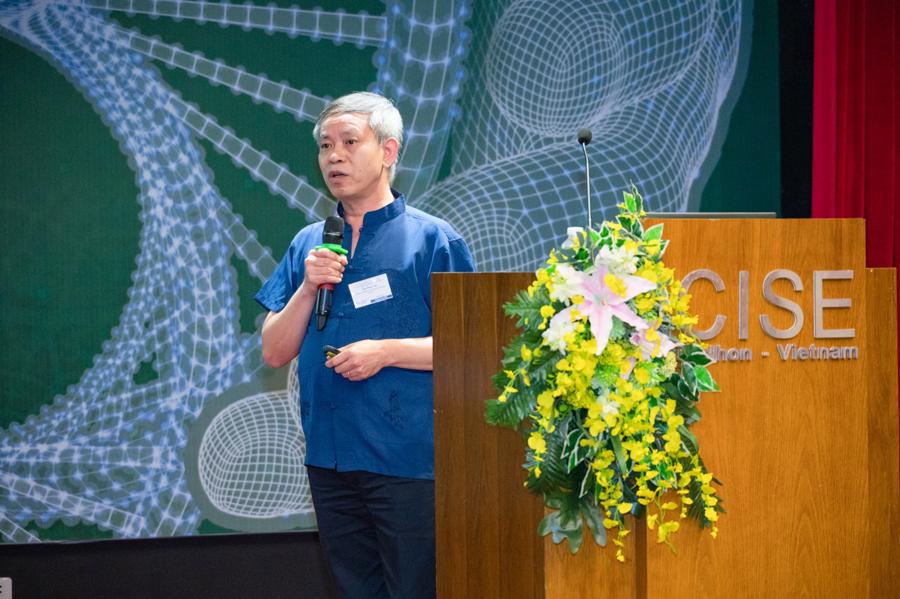
“In recent years, the application of biotechnology in agriculture has made remarkable advancements, fostering a deeper understanding of plant genomes and facilitating innovative crop solutions that contribute to addressing global challenges. Among these technologies, genome editing stands out as a groundbreaking tool that empowers scientists and plant breeders to generate improved traits with greater precision, efficiency, and speed than ever before,” Professor Pham Van Toan emphasized.
“From the 1980s to the present, thanks to advancements in crop science, Vietnam’s agricultural productivity has grown rapidly, contributing significantly to national food security and elevating the global competitiveness of Vietnamese agricultural products.”
Professor Pham Van Toan, Deputy Director of the Vietnam Academy of Agricultural Sciences.
Beyond scientific knowledge sharing, the conference dedicated a session to updates on current global regulatory frameworks and approaches to managing genome-edited crops. Reports revealed that numerous countries worldwide have finalized legal guidelines for genome-edited crops, with countries in the Americas and Australia leading the way.
Although Asia is considered a latecomer in this field, it has emerged as a region with exponential growth in genome editing research and application in recent years. This is evident in the number of research studies originating from Asia, particularly China, which currently leads the world. Consequently, many Asian countries have established legal frameworks for these crops.
The prevailing trend in the legal guidelines of countries in the Americas and Asia is one of openness and foresight, enabling adaptation to the rapid pace of technological advancement. These frameworks are anchored in scientific assessments to ensure the safety of humans, livestock, and the environment. These countries have developed specific definitions and classifications for different types of genome-edited crops. Accordingly, if a genome-edited crop does not incorporate foreign DNA (genes), it will be assessed and managed like conventional crops.
Despite not being among the first continents to adopt open policies toward genome-edited crops, the European Commission is proposing a shift in its management policy, aligning with the global trend. Several African nations have also finalized legal guidelines or are submitting proposals for the legal management of genome-edited crops.


